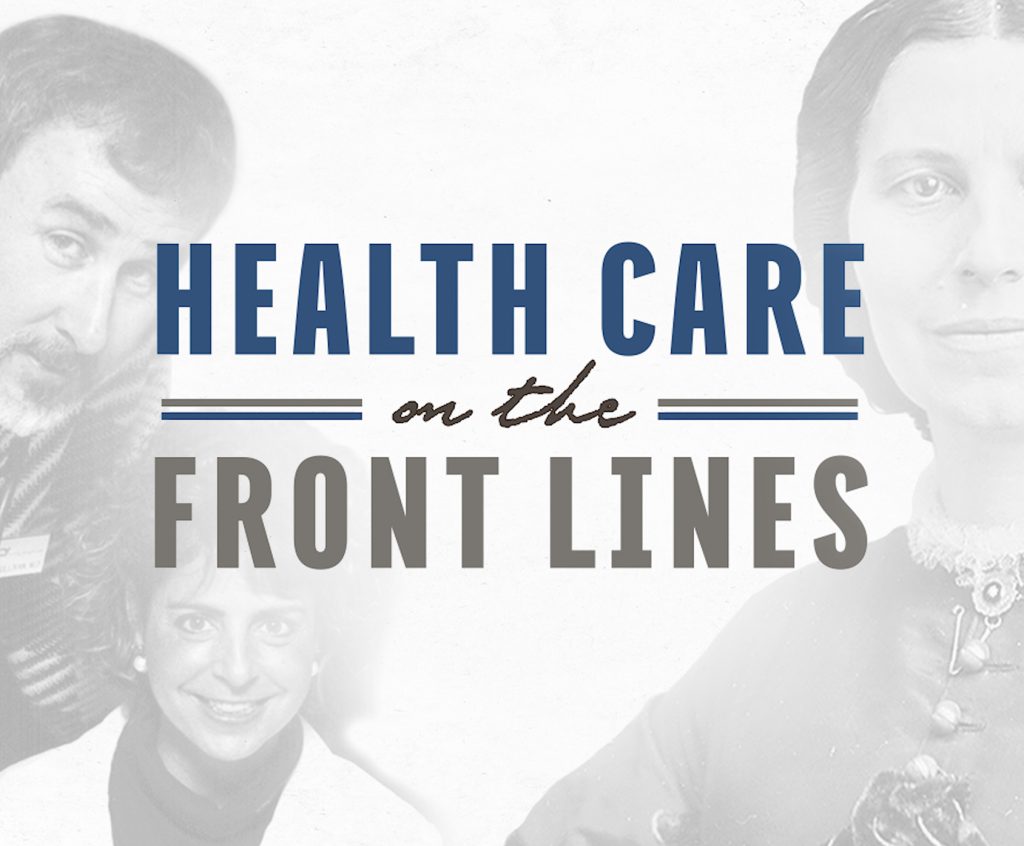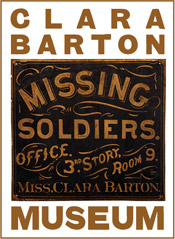
“Healthcare on the Frontlines” – Maryland International Film Festival
March 31, 2019 @ 11:00 am - 12:00 pm
| $8Event Navigation
See the premier of “Healthcare on the Frontlines” – a documentary film connecting the response to the healthcare crisis of the Civil War to today.

“Heathcare on the Frontlines” documentary cover image
How are individuals to respond in the face of overwhelming moments of crisis? That’s one of the many questions examined by “Healthcare on the Frontlines,” a documentary by Coronation Media making its debut at the Maryland International Film Festival in Hagerstown, MD on March 31 at 11 AM. The film compares the work of “Mission of Mercy,” an organization based in Frederick that provides free healthcare to the community, with the work of Clara Barton during and after the Civil War.
The film was made in partnership with the National Museum of Civil War Medicine, and the Delaplaine Foundation. It extensively compares the actions of Clara Barton with the work of Mission of Mercy and finds surprising parallels between them. Despite a century and a half in time, the needs of vulnerable Americans have not changed significantly. By looking to the past, the film offers some unexpected lessons for the present.
The film will begin playing at 11:00 AM at the Maryland Theater in Hagerstown. Tickets are $8 per person. In addition to single movie tickets, day passes and weekend passes are available.
Details
- Date:
- March 31, 2019
- Time:
- 11:00 am - 12:00 pm
- Cost:
- $8
- Event Categories:
- Off-Site, Viewing Party
- Event Tags:
- civil war medicine, Clara Barton, Healthcare on the Frontline, Maryland International Film Festival, Mission of Mercy
Organizer
- Jake Wynn
- Phone
- 301-695-1864, ext. 1009
- jake.wynn@civilwarmed.org
Venue
- Maryland Theater
-
21 S Potomac St
Hagerstown, MD 21740 United States + Google Map

